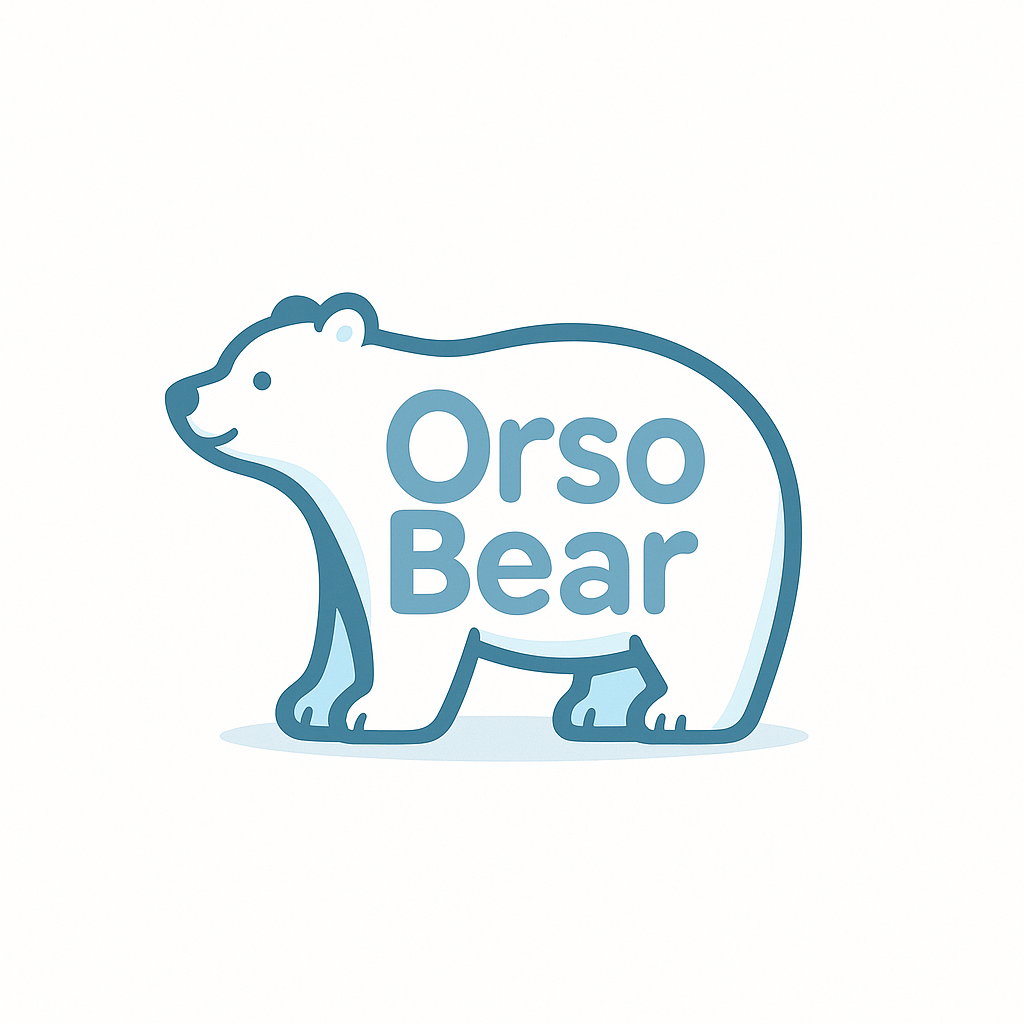An Exciting Glimpse into the Future of Natural Language Processing
Imagine a world where your devices can not only understand your language but also interpret your emotions, context, and nuances almost as accurately as another human being. This is not a science fiction fantasy, but the future that natural language processing (NLP) is paving the way for. This technology is rapidly evolving and, as we delve deeper into the era of artificial intelligence (AI), NLP is set to revolutionize how we communicate with machines, opening up a realm of possibilities.
For small business owners, understanding the potential of NLP is crucial. The technology can help streamline operations, enhance customer service, and provide valuable insights into customer behavior. But what does the future hold for NLP? And how will it impact small businesses? Let’s explore.
What is Natural Language Processing?
Natural Language Processing, or NLP, is a branch of AI that focuses on how computers can understand and interpret human language. It involves multiple disciplines, including linguistics, computer science, and artificial intelligence. The goal of NLP is to create digital tools and applications that can understand, interpret, and generate human languages.
From Siri and Alexa to Google Translate and grammar-checking tools, NLP is already a significant part of our lives. However, the technology is still in its infancy. The next generation of NLP will be more advanced, more intuitive, and more human-like than ever before.
Advancements and Innovations in NLP
The advancement in NLP has been impressive over the past decade, with technologies like machine learning and deep learning revolutionizing the field. For instance, OpenAI’s GPT-3, a state-of-the-art language model, can generate impressively human-like text, providing answers to questions, translating languages, and even writing poems. Meanwhile, Google’s BERT model has significantly improved search engine understanding and search results relevance by better understanding the context of words in a search query.
These advancements have huge implications for small businesses. For example, with an advanced NLP model, a small business could create a highly efficient chatbot that provides excellent customer support, reducing the burden on human agents and improving customer satisfaction.
The Future of Natural Language Processing
Understanding Context and Sentiment
One of the most significant challenges in NLP is understanding context and sentiment. However, advancements are being made in this area, and we can expect future NLP systems to understand not just what we’re saying but also the context and emotions behind it. For small businesses, this could mean more intuitive customer interactions and better insights into customer sentiment.
Real-time Translation
Imagine a future where language barriers are completely demolished. Advancements in NLP could enable real-time, accurate translation, making it easier for businesses to operate globally. This technology could be a game-changer for small businesses looking to expand internationally.
Advanced Voice Assistants
As NLP improves, so will voice assistants. We’ll move from simple command execution to more complex interactions. Voice assistants of the future will be able to carry out complex tasks, understand multiple commands at once, and even interpret emotions and context. For small businesses, this could mean more efficient operations and better customer engagement.
Conclusion: Embracing the Future of NLP
The future of natural language processing is undeniably exciting. As NLP continues to evolve and improve, it will undoubtedly bring about a host of new opportunities for small businesses. From improved customer interactions to insightful data analysis and beyond, the potential applications of NLP are vast.
As we move towards this future, it’s crucial for small business owners to stay informed and be ready to adapt. The AI revolution is here, and those who embrace it will be the ones who thrive in the business landscape of tomorrow.




